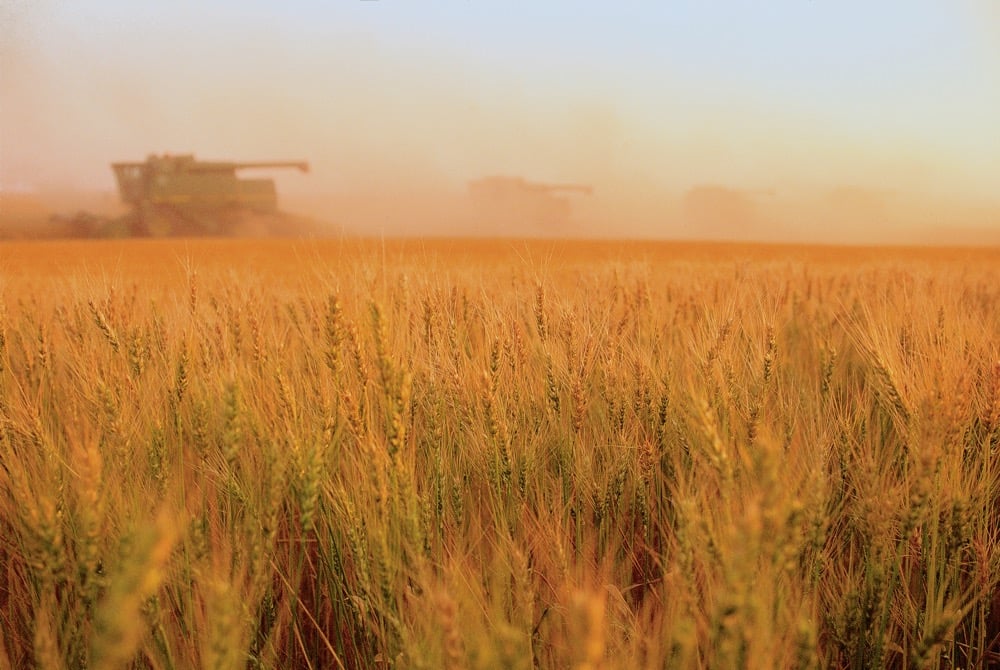Reports showcase Canada’s environmental edge in cereal production

Cereals Canada is shining a light on the good work Canadian cereal farmers have done to ensure the sustainability of their farms.
The reports, released on March 20, highlight the relatively small environmental footprint of Canadian non-durum wheat, durum wheat, barley, and oats, when compared to top producing countries.
“Canada is a global leader in the production of high-quality, nutritious, and sustainable cereal grains,” said Mark Walker, Cereals Canada’s vice-president of markets and trade. “These reports confirm that Canadian farmers grow some of the most sustainable crops in the world.”
Read Also

Tariffs called part of long game with trade negotiations
As the clock continues to tick to midnight April 2 on U.S. president Donald Trump’s month-long exemption on blanket tariffs to Canada that has left many ag industries at a standstill, one U.S. insider gave his thoughts at the 2025 Alberta Beef Industry Conference in Calgary on what he believes is the end game for the trade war.
The reports stack Canada up against Australia, France, Italy, Sweden, and the U.S., tracking six sustainability indicators—carbon footprint, soil health, fertilizer use, irrigation, pesticides and erosion. By these measures, Canadian cereals consistently stand out.
For example, the carbon footprint of Canadian wheat is significantly lower per tonne of grain than wheat from the United States or Australia. That’s thanks to soils that lock in carbon. Practices like reduced tillage, diverse crop rotations, and cover cropping have boosted carbon sequestration and cut soil erosion, turning Canadian soils into a substantial CO2 sink.
“Canadian farmers have responded to demands for sustainable food production by adopting technologies and conservation management practices that have reduced the environmental impact of Canadian grain production,” said Walker. “These reports will be a useful tool in helping us communicate the sustainability of Canadian cereals to our global customers in existing and potential markets, and to policy makers here at home.”
Source: Farmtario.com


